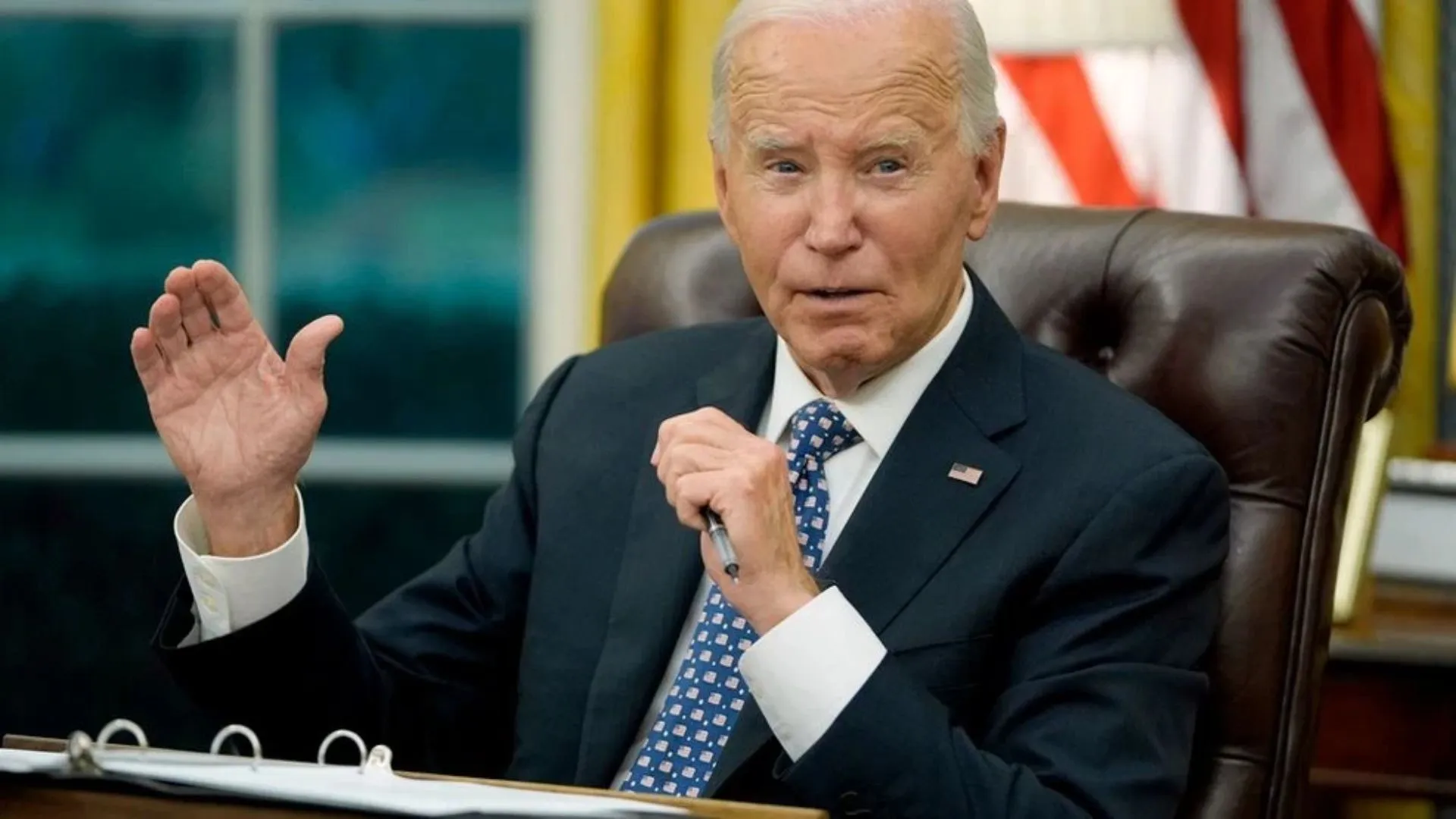President Joe Biden confirmed that the U.S. is in talks with Israel regarding the possibility of strikes on Iran’s oil infrastructure. When asked about his support for such actions, Biden stated: “We’re discussing that. I think that would be a little… anyway.” This comes in light of his previous statements indicating he would not endorse strikes on Iranian nuclear facilities.
Crude Oil Prices Surge
Following Biden’s comments, crude oil prices surged by 5% and have now increased by 10% since Iran launched a significant missile attack on Israel on Tuesday. The geopolitical tensions are pushing markets into a state of alert.
Netanyahu Promises Heavy Consequences for Iran
Israeli Prime Minister Benjamin Netanyahu declared that Iran “will pay a heavy price” for the missile attack, which involved 180 ballistic missiles fired at Israel. Iran asserted that the assault was in retaliation for the killings of high-profile figures, including Hamas leader Ismail Haniyeh and Hezbollah leader Hassan Nasrallah.
Biden on Israeli Retaliation Timing
Biden also noted that he did not anticipate an immediate Israeli retaliation, stating, “First of all, we don’t allow Israel, we advise Israel and there’s nothing that’s going to happen today.” He emphasized the U.S. position against strikes on Iranian nuclear sites, which some in Israel, including former Prime Minister Naftali Bennett, have advocated as a means to “fatally cripple this terrorist regime.”
Plans for Striking Oil and Nuclear Facilities
Reports from Israeli media suggest that Israel may first target Iran’s oil facilities. Should Iran retaliate, Israel could escalate to targeting its nuclear sites. This potential sequence of actions has raised concerns about further conflict in the region.
G7 Leaders Support Israel’s Right to Respond
Biden mentioned that he had consulted with G7 leaders, who collectively agreed that while Israel “has the right to respond,” any response should be “proportional.”
Concerns Over Straits of Hormuz
The ongoing tensions have heightened fears regarding the Straits of Hormuz, a critical chokepoint through which a third of the world’s oil tanker traffic and a fifth of liquefied natural gas (LNG) passes. Any escalation in hostilities could severely disrupt these vital shipping lanes, affecting global oil markets.
(INCLUDES INPUTS FROM ONLINE SOURCES)
ALSO READ: Biden’s Student Loan Relief Gains Momentum After Court Ruling

















